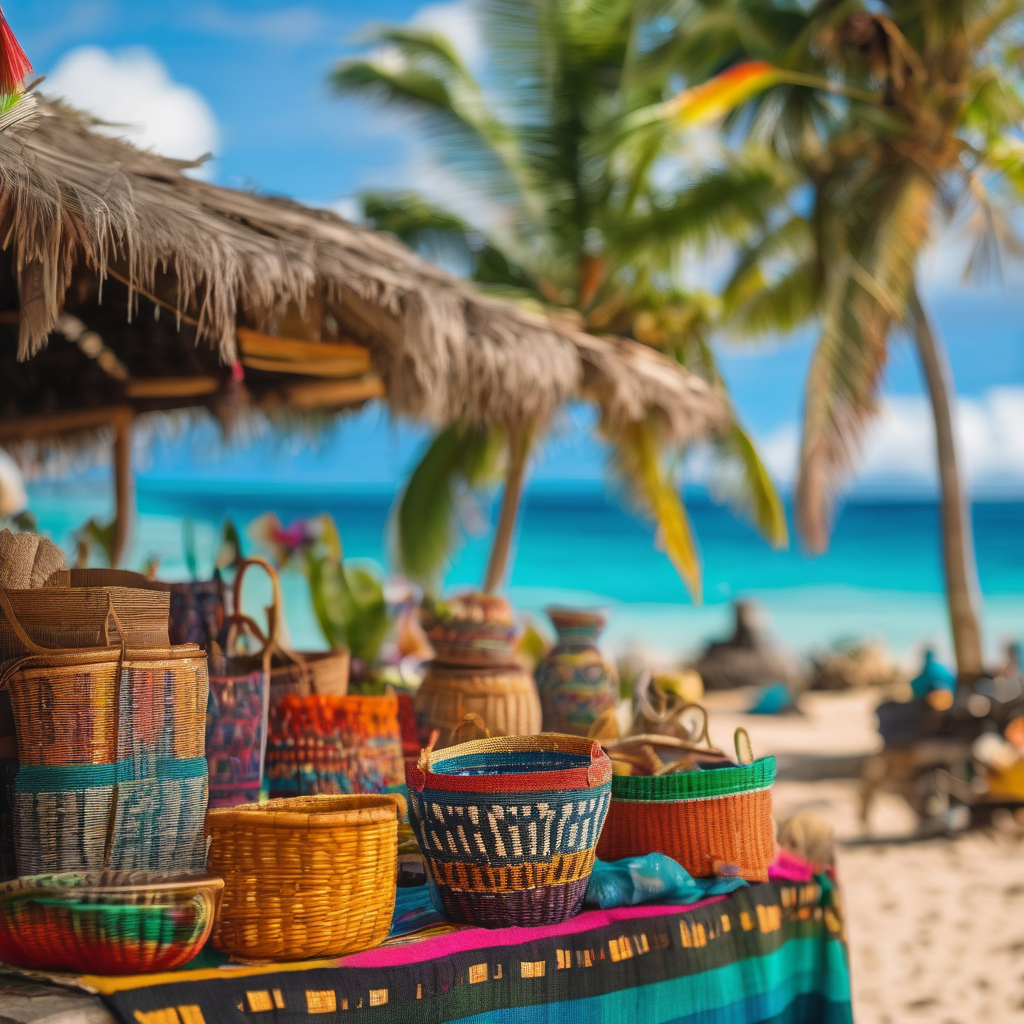Deputy Prime Minister and Minister for Finance, Professor Biman Prasad, has unveiled new policy initiatives aimed at strengthening tourism activities across various towns and cities in Fiji. These measures are focused on ensuring that a greater share of the tourism revenue remains within the country, ultimately benefiting local communities and businesses.
In his announcement, Professor Prasad acknowledged that some revenue leakage in the tourism sector is unavoidable but affirmed the government’s commitment to capturing a higher percentage of spending that stays within Fiji. He proclaimed, “The tourism dollar is spread more effectively, and a higher percentage of it stays in the country.” This initiative includes promoting locally owned tourism enterprises, fostering better connections between hotels and local suppliers, and enhancing infrastructure in urban areas to draw both domestic and international visitors.
These plans complement prior efforts emphasized by tourism and finance officials regarding the enhancement of local governance and efficiency in town councils. Improved infrastructure and management, previously discussed, are critical in supporting Fiji’s tourism sector and ensuring timely project execution. These latest initiatives follow a successful two-day visit by Professor Prasad to Kadavu, where he engaged with local communities to discuss their challenges in tourism and agriculture.
Minister for Tourism, Viliame Gavoka, has also highlighted the significance of empowering small and medium enterprises (SMEs) within the tourism sector. He pointed out that local entrepreneurs play a vital role in maximizing tourism’s benefits for all of Fiji, stressing that “tourism is not just for the operators; it’s for everyone.” Gavoka’s remarks resonate with the government’s objective of creating a more inclusive tourism economy that uplifts communities, addressing long-standing disparities in how tourism income is distributed.
The government’s commitment to community engagement in tourism is a promising development, aimed at ensuring that all regions in Fiji can reap the benefits from this crucial sector. With ongoing discussions with local stakeholders and significant investments in infrastructure and services, there is renewed optimism for a sustainable and prosperous future for Fiji’s tourism landscape.
These initiatives represent a hopeful trajectory for economic resilience and community empowerment through the tourism industry. By emphasizing local participation and sustainable practices, Fiji is poised for a brighter and more equitable economic future for all its citizens.
